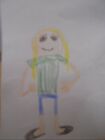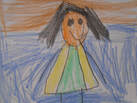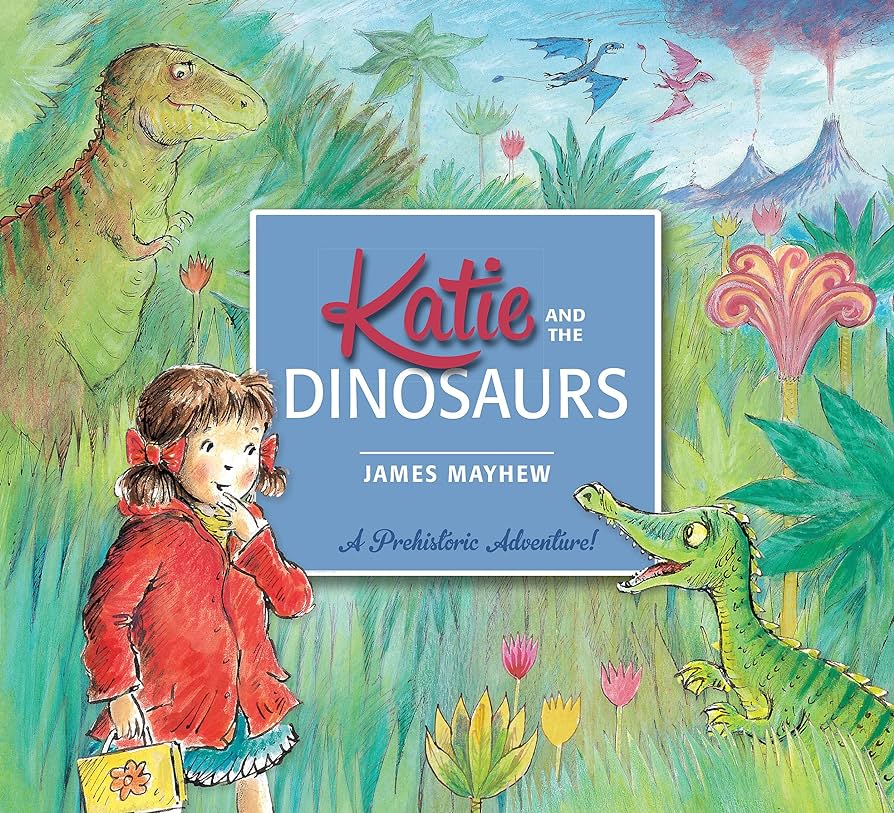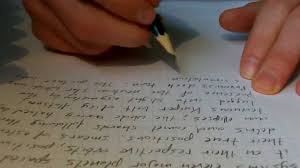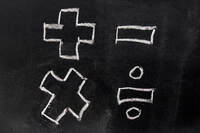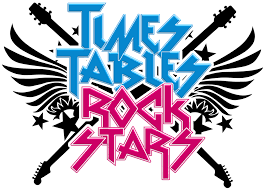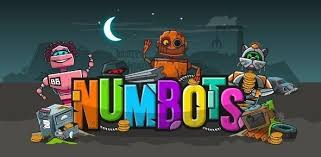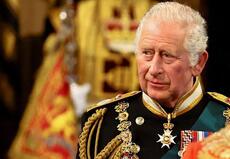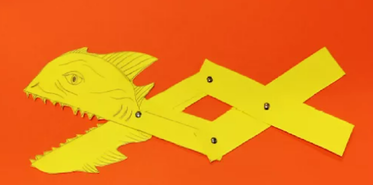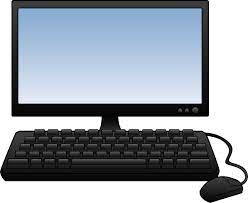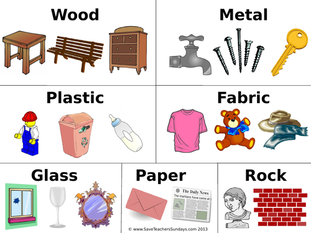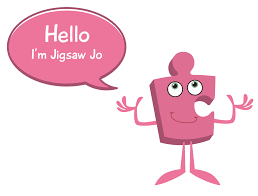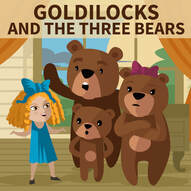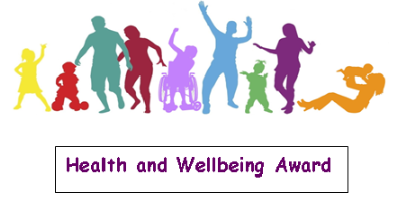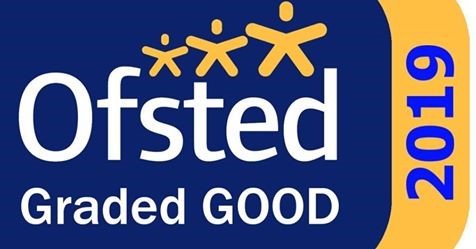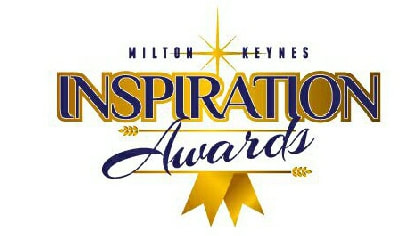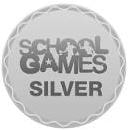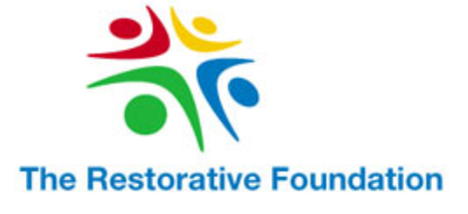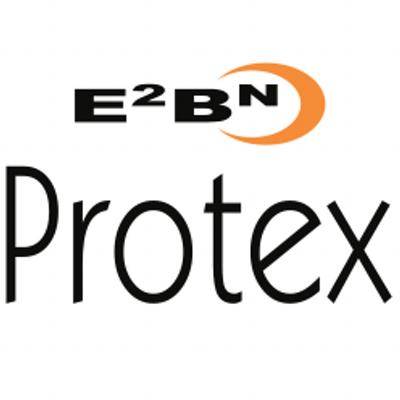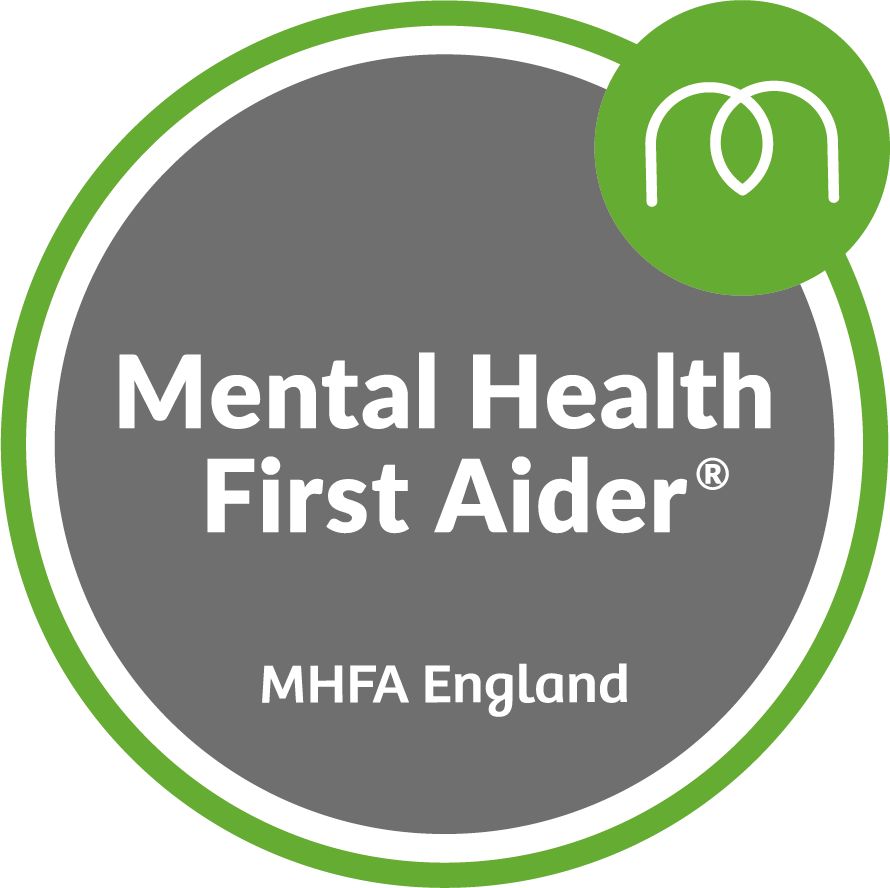Welcome to Year 2
PE Days
Indoor PE: Tuesdays Outdoor PE: Friday Make sure your child comes into school wearing a PE kit suitable for outdoor PE on both days so that they can stay warm. |
Key Dates15th January - VW day 5th February - Home Learning due in 15th February - Home Leaning gallery 16th February - End of Term 26th February - INSET 28th February - Return to school |
This Half Term
WritingThis half term we will be learning to:
|
Suggested Activities to Support LearningTo support your child at home you could:
|
MathsThis half term we will be learning to:
|
Suggested Activities to Support LearningTo support your child at home you could:
|
|
History - Monarchs and Castles
This half term, we will be learning:
|
Suggested activities to support learning
To support your child at home, you could:
|
|
Design and Technology - Moving Monsters
This half term, we will be learning:
|
Suggested activities to support learning
To support your child at home, you could:
|
|
Religious Education - Buddhism
This half term, we will be learning:
|
Suggested activities to support learning
To support your child at home, you could:
|
|
Computing
This half term, we will be learning:
|
Suggested activities to support learning
To support your child at home you could:
|
|
Science - Everyday Materials
This half term, we will be learning to:
|
Suggested activities to support learning
To support your child at home you could:
|
|
PSHE - Dreams and Goals
This half term we will be learning to:
|
Suggested activities to support learning
To support your child at home, you could:
|
Music - Traditional Western Stories:This half term we will be learning to:
|
To support your child at home you could:
|

